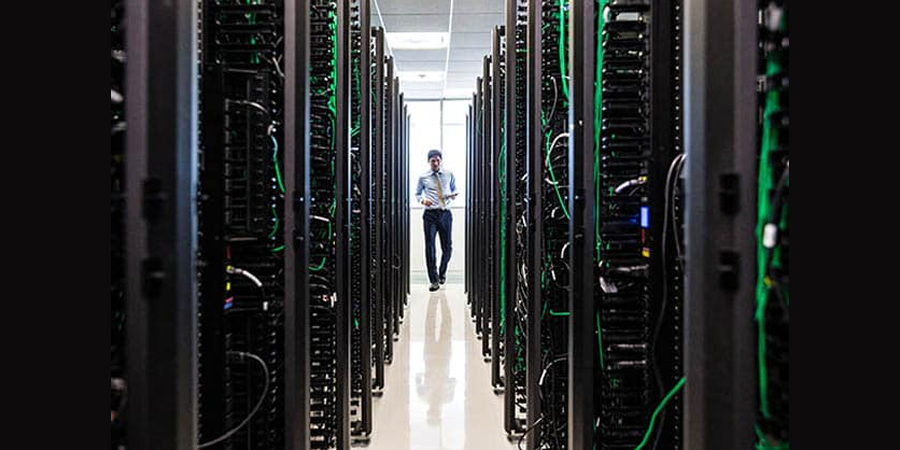Like it or not, we are living in the world of big data. Everyone has begun to take notice of its usage so much that it has been dubbed as the “new oil.” With each additional hand-held device joining the connected world, there will be the generation of more data. However, the usefulness of the data is in the processing. This is where the data centers come in to support new types of workloads and users. They house computer systems and resources that facilitate the delivery of shared applications and data. Data centers are the backbone of organizations to store and secure their information.
A future-ready data center architecture will be in everyone’s mind as the ICT market continues to grow at a rapid scale. Having the right manpower armed with the right skills has to be the number one priority in data center management.
Here’s a list of skill sets necessary to take up the challenges in data centers of the future.
Edge computing
With the growth in Internet of Things (IoT) use cases, the adoption of edge computing seems to be the obvious choice for companies to assess data from IoT devices and send them back to remote or on-premises data centers. Since the edge servers are closer to the requesting client machine, it has its own set of differences from origin servers. Edge servers help ease the workload of origin servers by storing content in localized areas. Skills sets in virtual function networking, system design, database modeling, and security will be inevitable for data centers.
Cloud architect
Cloud technology has evolved from traditional IT to cloud computing, and now to cloud-native. Enterprises have driven IT systems to become cloud-based, and the multi-cloud connection has become essential to cut costs, increase service reliability, and operate multi-cloud disaster recovery. The introduction of 5G is undoubtedly consolidating the cloud-first environment; however, the benefits of 5G networks for faster data transfers are also generating the issue of security. Data centers cannot function without expertise in cloud security and cloud architecture. Cloud architects can assess the technical requirements of a project and turn them into the architecture and design that will facilitate the completion of products. Cloud architects are expected to have advanced knowledge of network architectural principles as well as operating systems such as Windows, Unix Solaris, Linux, Unix, Ubuntu, etc.
Data center technician
Data center technicians install and maintain data servers and network equipment. Their responsibility also includes monitoring the day-to-day performance of servers, well-coordinated environment for servers, and troubleshooting network and server problems. Data center technicians are critical for running hardware diagnostics and detecting failing parts for quick response to server and network issues. Data center modernization can integrate servers, storage, information management, and data protection.
Hybrid IT management
Organizations today want to develop an open, hybrid cloud strategy that can modernize its operations and accelerate its digital transformation journey. Hybrid IT management brings cloud and traditional infrastructure and services that can help companies offer new innovative offerings for their customers. As enterprises use cloud services such as AWS, Microsoft Azure and Google Cloud Platform to host and serve applications and services, the on-premises data center will require skills that will help legacy applications and data privacy regulations transition into the cloud-based IT infrastructure. Hybrid IT management solutions provide end-to-end automation along with key IT functional areas, including service management, service fulfillment, service assurance and governance.
Data security
Last but not the least, the security and management of data in the hyper-connected digital environment are critical. Without a proper cybersecurity strategy, cloud migration exposes businesses to various risks. With the digital landscape changing at such a rapid pace, data centers must have staff qualified in the latest data security skills and network intelligence for seamless performance, data analysis, and automation of functions without any security threats.
As cloud services begin to unfold the benefits of digital transformation, data center architecture will impact business, customers and the entire ecosystem. Data center managers would do well to have professionals with the above qualifications on their radar as the efficient running of data processing centers will be an irreplaceable component of every digital transformation journey.











